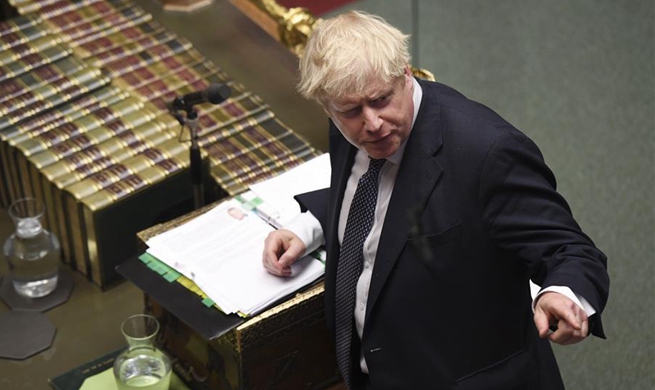CANBERRA, Oct. 24 (Xinhua) -- Australia is on track to meet its Paris Agreement emissions reduction targets if it continues its rapid improvement of renewable energy deployment, which is already among the fastest in the world.
An Australian National University (ANU) report released on Thursday found that Australia had spent 11 times the global average on renewable power, and that its greenhouse gas emissions could start to fall from next year following the surge in wind and solar power investment.
According to the ANU research, Australia will install more than 16 gigawatts of wind and solar, an average rate of 220 watts per person per year, between 2018 and 2020. This, it says, is four to five times faster than China, the European Union, Japan or the United States.
Australia's greenhouse gas emissions represent about 1.3 percent of the global total.
However, the report said the Australian government will need to continue to invest billions of dollars in various green programs to sustain this drop in carbon emissions.
"Declining emissions throughout the 2020s depends on government, particularly the federal government, to facilitate construction of adequate electricity transmission and storage to allow continued rapid deployment of solar and wind," the ANU research says. "Without this, emissions may rise again."
In their report, ANU scientists said continued development of solar and wind at current rates would mean Australia should meet its Paris emissions target at low or zero net cost without using past Kyoto accounting credits. The essential principle of the Kyoto Protocol was that industrialized nations needed to lessen the amount of their CO2 emissions.
The research, conducted by Andrew Blakers and Matt Stocks, indicated that if the federal government assisted companies in building more transmission quickly, to allow electricity from the wind and solar farms to reach cities, then the electricity emissions would continue to decline rapidly.
"Otherwise, investment in wind and solar may slow down, causing emissions to stop falling or even to increase again," the report said.













